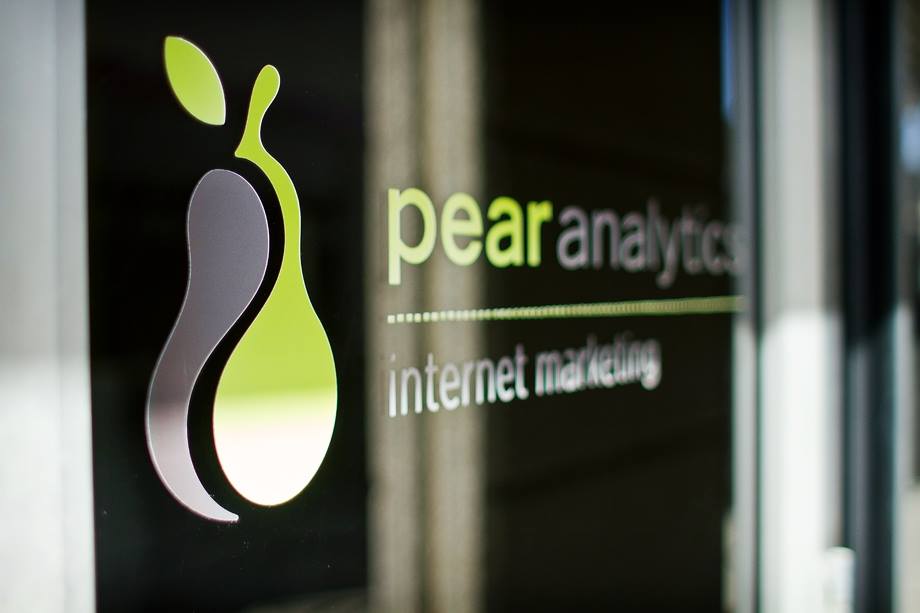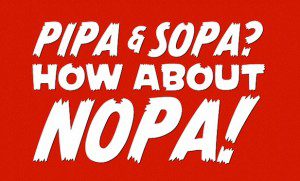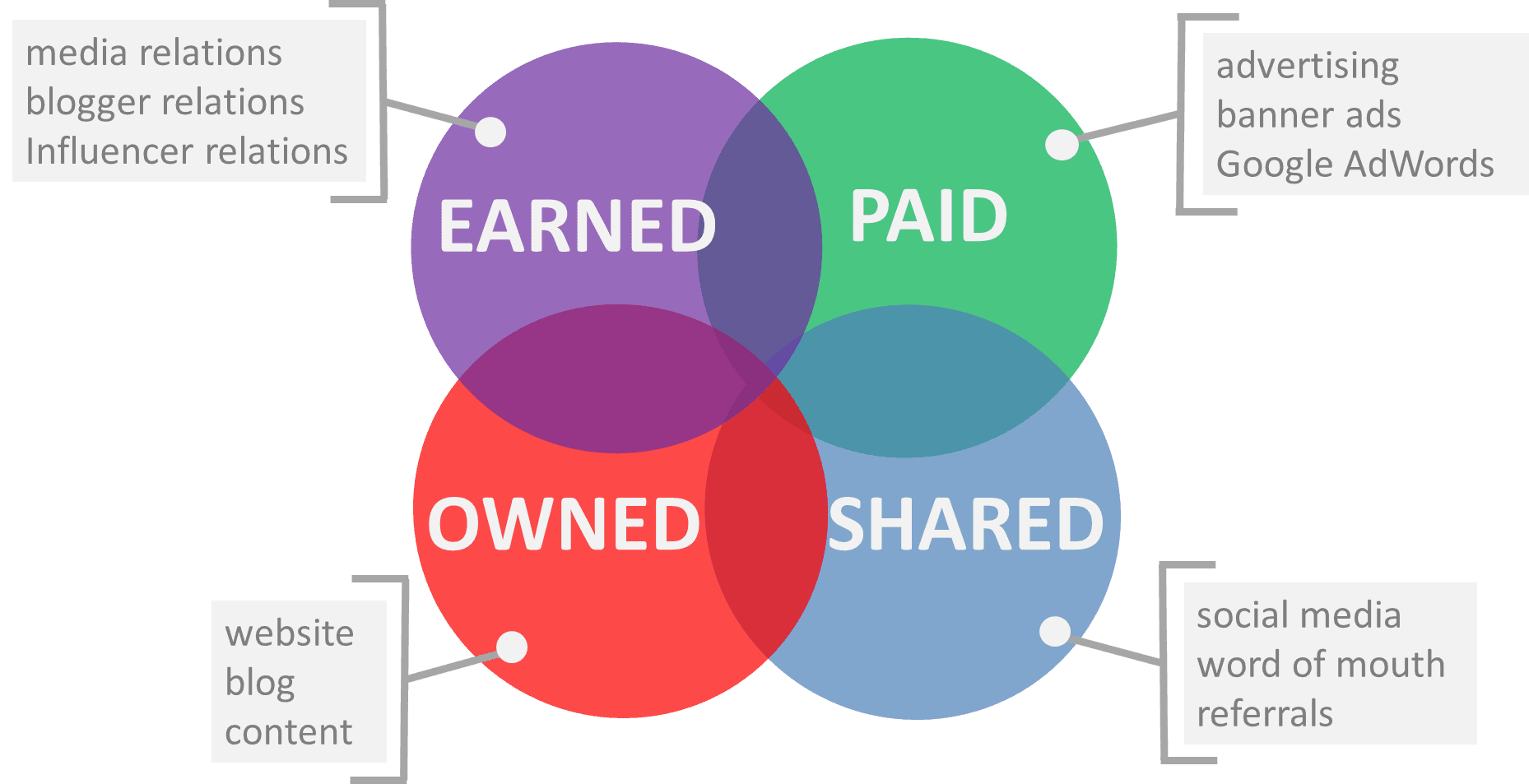Contents
What are SOPA and PIPA?
If you’re online today, you’ve heard about SOPA and PIPA. Today there is no Wikipedia, Fark, or Reddit, as these sites work to raise awareness of these two terribly written pieces of legislation. We are not going to delve into the technicalities, since that has been done quite effectively elsewhere (like on the EFF, Reddit’s Blog, or a great infographic, courtesy of Google).
Rather, I would like to briefly discuss just a little bit about how Pear started, how we grew to become the company that we are today, and how that likely would not have been possible had these bills been voted into law. This is personal to us; Pear is made up of people active on Twitter, Facebook, Google+, Reddit, and a myriad of other sites. Our whole business model revolves around a free and open Internet. Functioning under the guidelines introduced in SOPA and PIPA would do great damage to our business model, and would have essentially prevented us from reaching the point that we find ourselves at presently.
Our Take:
Various portions of PIPA and SOPA would negatively affect nearly any business with an online presence. For example, SOPA would require that we actively monitor every outbound link on our site, as well as our clients’ sites, to ensure that they are not linking to sites with copyrighted materials. As a small company, we simply do not have the extra staff to create the monitoring ‘department’ that we would probably need. The alternative would be to create a new service, where we could be hired on to actively monitor client sites. Sure, we might be able to make some additional income from such a service, but–being familiar with start-ups in general–creating an additional layer of compliance issues would stifle innovation and small business.
As written in SOPA, search engines would be required to actively monitor potentially infringing sites. This means taking resources away from improving search algorithms and shifting them to filter search results. A large part of our strategy involves improving the content of our clients’ sites. As such, we rely on the continually improving effectiveness of major search engines. Taking resources from their improvement efforts means that poorer results will show up in search, and our efforts would provide less effective results.
SOPA and PIPA would severely hamper the sort of entrepreneurship that was required to get Pear off the ground in the first place. If we had started Pear with SOPA in action, we would have had to invest in legal counsel to ensure we had protections in place to respond to any claims made under the umbrella of SOPA or PIPA. Under SOPA and PIPA, Pear and essentially any other company with an online presence could be placed in a position where a mere accusation would require considerable resources to counter, outside of due process. When accusations mean presumed guilt or increased costs, you create a truly non-viable business environment. Unethical competitors could make claims and start a process that would cause business to grind to a halt.
Search has become a standard means of gathering information. It has become an incredibly useful tool to check facts, to verify quotes, to gather statistics. Search is not just a tool for business, even though much of our business is built on top of search. By hampering continual development and improvement of search, we are really doing harm to individuals world-wide. SOPA and PIPA could even go further than just hampering development, though. They could break much of what we already have. The free flow of information is a necessary ingredient in a free society, and when we start to infringe on that, we are truly heading down a dark path.
So what can YOU do? While there are plenty of online petitions, these tend to be less effective than handwritten letters and phone calls. So take the time and call your representative. Use this service from AmericanCensorship.org to call your representative. Visit the United States House of Representatives to find the congressman that represents YOU in the House. Find your senator. Call. Write. Take action, while you still can.

















